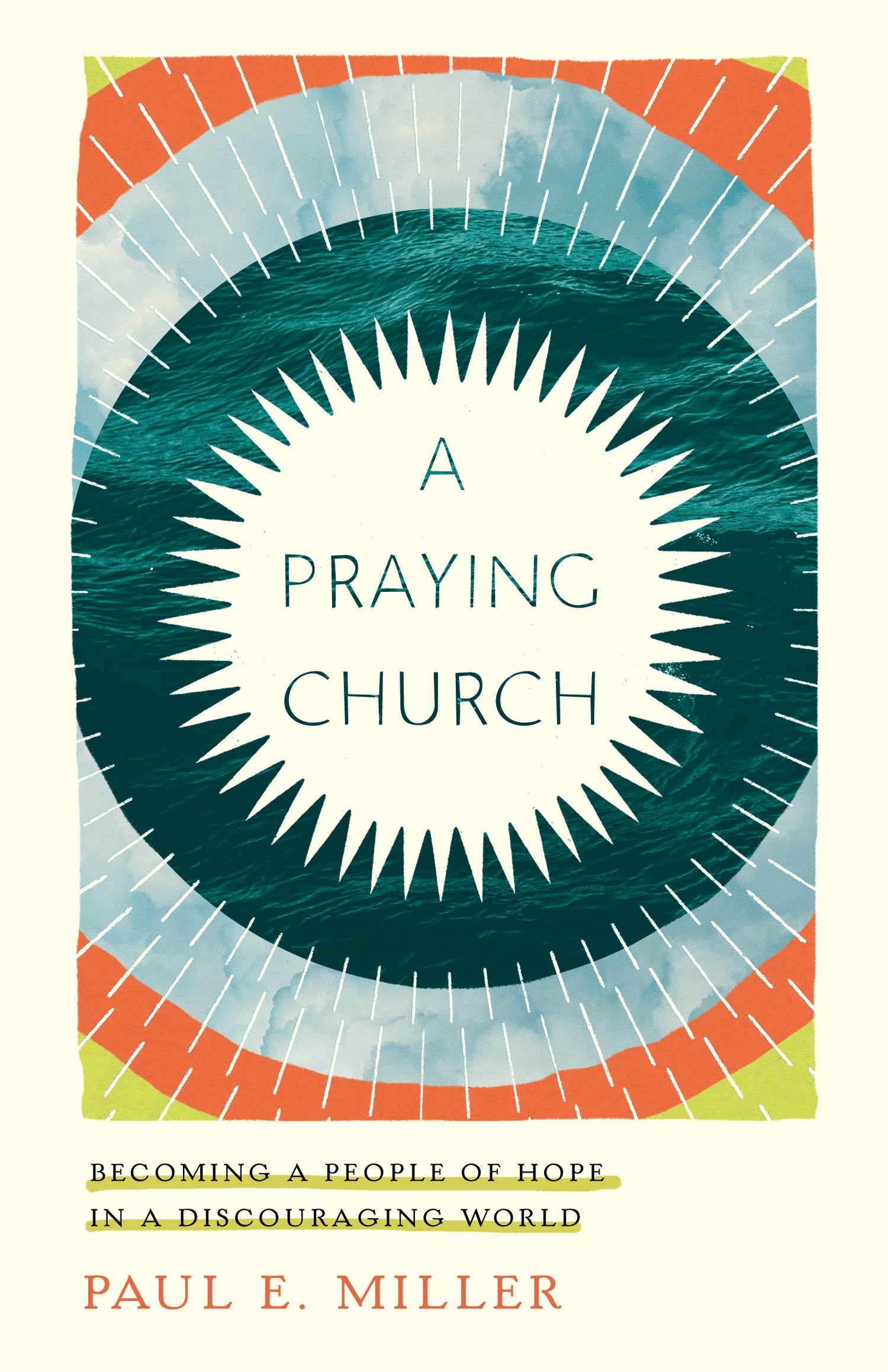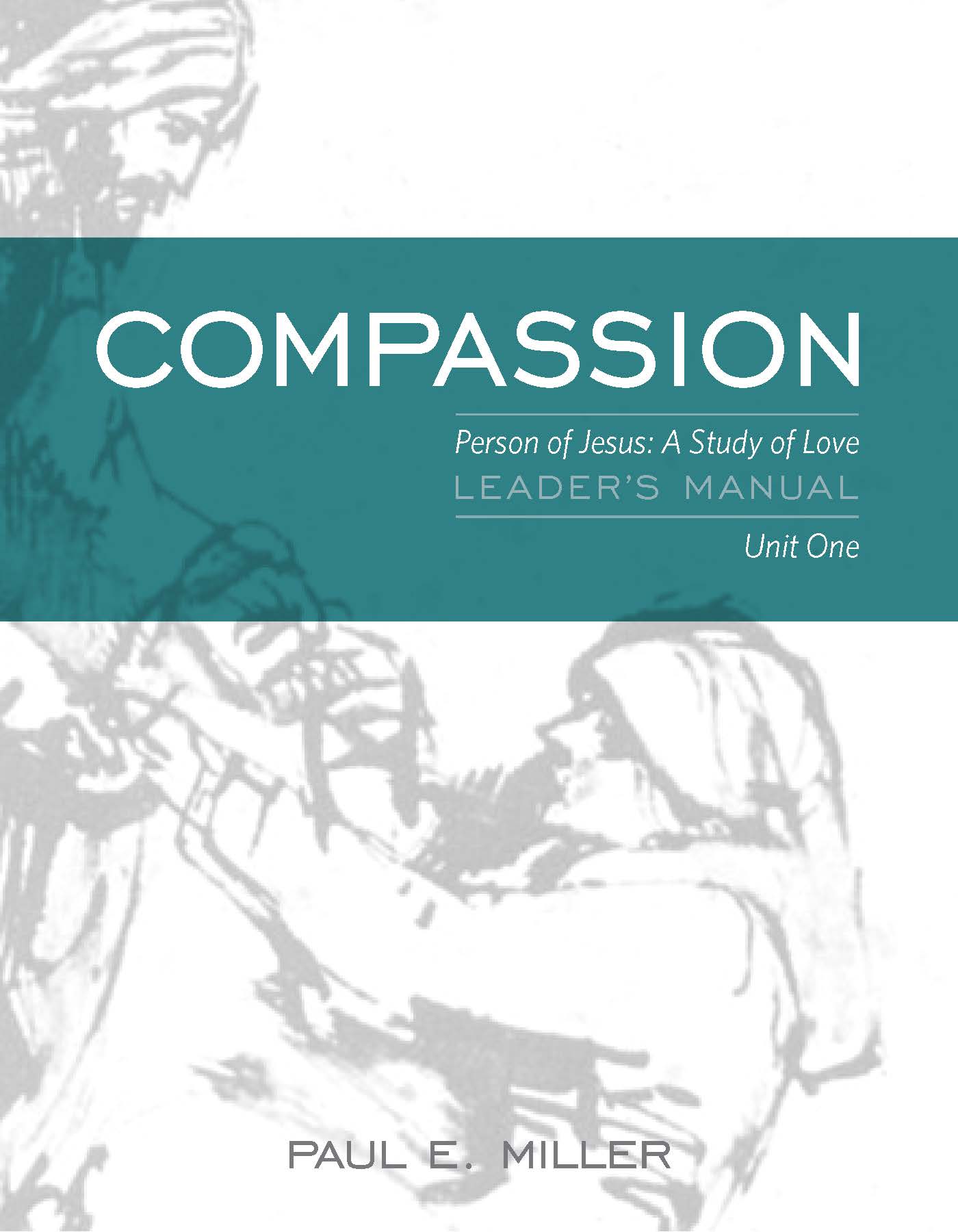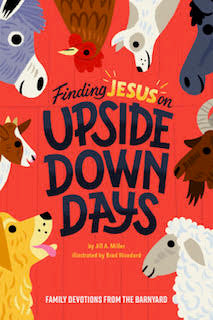I was recently asked, “Why is seeJesus a mission? Why don’t you just write books?” These are important questions. It would be easier, and even cheaper, to just write. I’d set up shop at PaulEMiller.com, and my work would be relatively straightforward. But here are seven reasons why seeJesus must be a mission:
1. The gospel is embodied. The nature of the gospel demands a mission. God did not send a book; he sent his Son, who “tented among us” (John 1:14). Like Jesus, the apostle Paul doesn’t just preach the gospel, he embodies it. Paul takes the same J-shaped path that Jesus takes—down into the weakness of death and then up into resurrection. The J-Curve book is about how the Christian life embodies the gospel. Paul didn’t do this alone. His whole team embodied the gospel. The “we” in the text below is Paul’s missionary team:
For as we share abundantly in Christ’s sufferings, so through Christ we share abundantly in comfort too. If we are afflicted, it is for your comfort and salvation; and if we are comforted, it is for your comfort, which you experience when you patiently endure the same sufferings that we suffer” (2 Cor. 1:5-6).
Paul and his team are a conduit of the gospel to the Corinthians. They embody it so the church can embody it. You can’t just write books about Jesus’ dying and rising, you need to enter into it, in community.
Last month, one of our multi-national teams was doing a Person of Jesus seminar. They stayed for several days in the home of an experienced but somewhat critical missionary. They took the time to love her, caring for some of her needs. Later they gently talked to her about a tendency to be critical. At the very end, she said, “You live what you teach.” Our team embodied the gospel.
2. The church tends to dabble. God has blessed my writing, but I’ve always been skeptical of the power of books to change people. In my early 30s, I noticed that most Christians weren’t changed by good books. They didn’t immerse themselves in and submit to them—they dabbled. I knew dabbling didn’t produce change. I’d just come out of ten years of teaching inner city middle school kids in Philly, so I knew I needed to slow Christians down and get them to focus over a period of time. So I designed the Sonship Course in the 1980s around a few key aspects of the gospel and sat on those truths for 16 weeks.
In our A Praying Life Pastors Cohorts, pastors who have already read A Praying Life and been to our prayer seminar become excited by praying like never before. The book by itself didn’t produce change; it required a whole discipling system, the work of a mission, to make this level of impact.
My dislike of dabbling explains why our Person of Jesus study has 48 lessons. You can’t fall in love with Jesus with a couple of dates; you need to immerse yourself in his life, to meet his family, to travel with him. When Josh Harris (I Kissed Dating Goodbye) recently left the faith, my first thought was, “In his rapid ascent to leadership, he must have missed being immersed in the beauty of Jesus.” I’ve had multiple leaders say, “Can you boil the Person of Jesus study down to 6 lessons?” We do that in our seminars, but the question reveals a dabbling mindset. (By the way, we are breaking up the Person of Jesus into five separate manuals so it’s easier to digest!)
We design our work to draw participants ever more deeply into some key aspect of Jesus. Our discipleship “funnel” shows how that works.

3. The church is like 18th-century Switzerland with eagles. Below is a really bad drawing of 18th-century Switzerland. Notice how deep the valleys are. You might spend your whole life in one valley and never venture outside. The church is like that. You can have a tremendous ministry in one valley, but it never penetrates to the other side of the mountain. The only thing that transcends the valley easily are the eagles. These are well-known people that God has blessed with a wide speaking or writing ministry. God often uses them in wonderful ways to encourage people, but they do not produce discipleship that affects cultural DNA. Eagles see a lot and are seen a lot, but they don’t produce change.

Let’s leave our American “valley” and visit an African “valley.” The typical Christian African man eats dinner by himself, with his wife quietly serving, unthanked. Then she and the children eat what’s left. That’s not Jesus. In my previous mission, one of our missionaries asked an African leader he was discipling, what he was going to do with the gospel. He replied, “I think I’m going to start eating with my wife.” Two of our trainers who have done the Person of Jesus study with Ugandans have challenged them to begin thanking their wives. Few missions deal with this since, in our modern world, culture is sacred. And yet, culture is not sacred, Jesus is.
Of course, this goes both ways. The African “valley” with its commitment to biblical sexual ethics is not confused by our western moral collapse. Many American Anglican churches have now aligned themselves with African churches to escape our apostasy. I could write books until I’m blue in the face, but it won’t touch Africa—and Africa, Asia, and Latin America are the future of Christianity.
4. “Christianity is a mile wide and ¼ inch deep.” An African leader told me that in 1986, on my first trip to Africa. A glance at the “Center for Global Christianity” statistics shows that no one is even measuring discipling efforts. I know of only a handful of missions concentrating on discipleship. The chart below shows a rough estimation of how the church spends $45 billion a year for missions.

Given that the New Testament is about 80% focused on discipleship—on Christ formation—what causes this miss? Why the shallowness? Some is simply the newness of the gospel to these cultures, but much of it is our focus on two wonderful goals—personal conversion and evangelism—to the exclusion of a third, the goal of love. To summarize: we’ve not given the worldwide church a category for discipleship, nor have we filled that category with a vision of Jesus and love. Out of this vacuum has come the health and wealth gospel, which increasingly dominates in the developing world.
What does this look like on the ground? I just got off the phone with a young man who is immersed in our discipling materials and work. He’s discipling several young husbands. As he got into the details of their struggles, especially with sexual purity and intimacy, he realized that they didn’t know the basics of love. So he took them through a Person of Jesus lesson, “The Widow of Nain,” where Jesus models love with a threefold pattern of looking ⇒ feeling compassion ⇒ acting. He realized these men didn’t know how to look at or value their wives. These young men aren’t readers. It takes the close work of an experienced trainer to get into their lives and then bring God’s truth to bear. Books alone won’t do it.
5. My writing improves because I’m in a missionary order. By testing my writing in multiple seminars, dialoguing with staff, and then training others to use it, the content of our books and studies ripens. I did about 100 A Praying Life Seminars before I wrote the book and saw that people needed a better handle than stories of Kim. Kim’s disability is dramatic, which can create distance from people’s everyday lives. I don’t want to entertain—I want to see Christ formed in people, so I began using stories of how God was answering prayers for our teenage daughter Emily. Thus, the story of Emily sitting on the bench in field hockey. At a seminar, a PCA pastor pulled me aside and said, “Paul, no one in the church is thinking the way you are about suffering.” I needed to hear that. I’d been so immersed in a “fellowship of his sufferings,” I’d lost touch with how alien that idea was to the church.
More than anything, when other staff lead seminars with their own stories and style, it enriches and multiplies our work. Last year, 45 of our Trainers and Apprentices led 103 seminars in 18 countries. I only led five by myself and one jointly with Jon Hori. Plus, our A Praying Life leader Bob Allums does a better job of training seminar leaders than I do—I change the seminar every time I do it!
6. My heart needs to be in a missionary order. My soul doesn’t do well solo. I suspect that’s true of all of us. I need a community to slow me down, to help me listen to and value people. Dealing with people problems inherent in community keeps me in prayer and often weak. I need the accountability of a board to review and help shape our plans. I greatly value the wisdom and accountability of our leadership team. These are gifts to me.
Living in a community also immerses me in the nitty gritty of life. I read commentaries avidly, but scholars can sometimes miss the roundedness of life, and thus how personal Scripture is. Living in an accountable community gives me a feel for Scripture and how it interfaces with life. I would never have understood the person of Jesus simply by reading Edersheim’s The Life and Times of Jesus the Messiah. Jesus came alive for me because I was at the same time learning to love Jill.
7. My calling. You’ve probably sensed this by now, but I love doing this work. Some 25 years ago, God laid it on my heart to form a missionary order that would draw the church into Christ so it looked like him. I wanted to help “prepare the bride” for the coming of her husband, her Lord and Savior, Jesus of Nazareth.
This article is also available as a PDF download.








